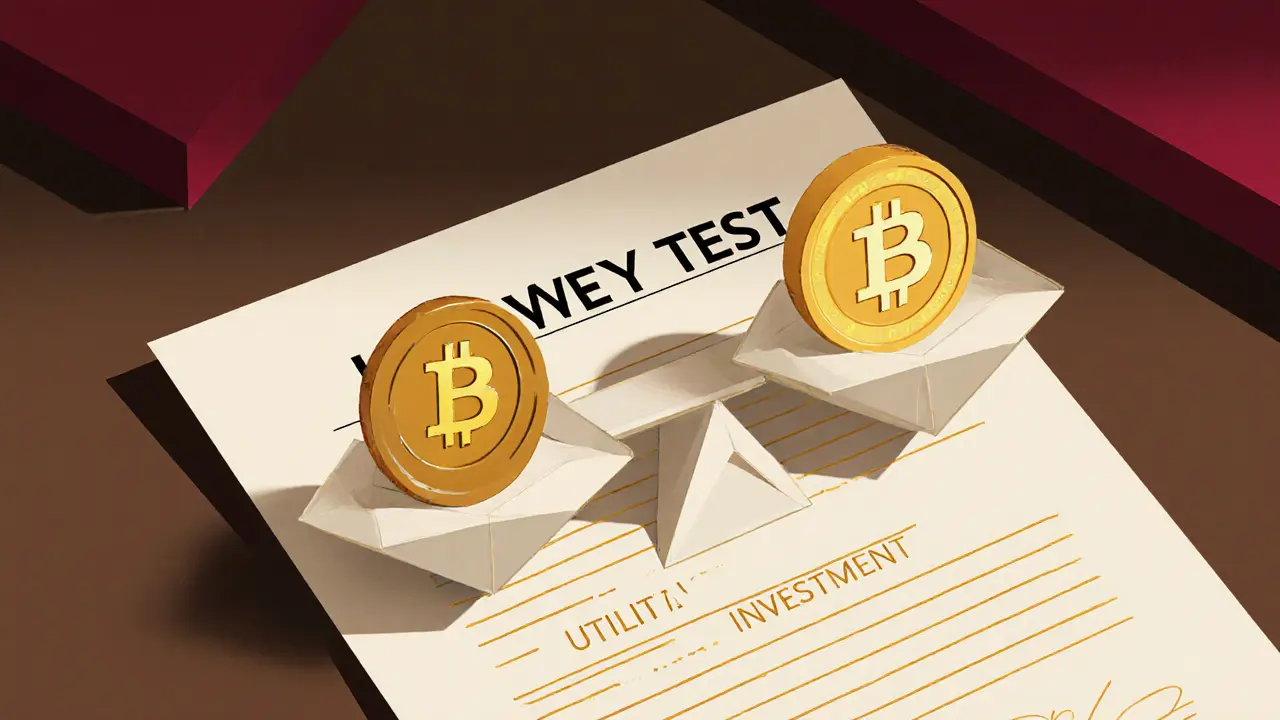SEC Crypto Exemptions: What’s Allowed and Who Qualifies
When the SEC crypto exemptions, specific exceptions under U.S. securities law that let certain crypto projects avoid full registration as securities. Also known as token exemptions, these rules let startups launch tokens without going through the costly and complex process of registering with the SEC—so long as they meet strict conditions. This isn’t about loopholes. It’s about legal boundaries the SEC has drawn over years of enforcement, court rulings, and policy shifts. If your project sells a token that acts like an investment contract—where people put in money expecting profit from others’ efforts—it’s likely a security. But if it’s clearly a utility, a governance tool, or part of a decentralized network with no central promoter, it might qualify for an exemption.
Two big exemptions come up often: Regulation D, a rule allowing private sales to accredited investors without public registration and Regulation A+, a mini-IPO path that lets companies raise up to $75 million from both accredited and non-accredited investors. Many crypto projects use Regulation D to raise funds from wealthy individuals or institutions before going fully public. Others, like some DeFi protocols, try Regulation A+ to build a broader investor base while staying compliant. Then there’s the gray area: tokens that start as securities but evolve into utilities. The SEC watches this closely. If a team stops promoting the token as an investment and the network becomes truly decentralized, enforcement action may drop—but that’s rare and hard to prove.
What you won’t find in the SEC’s official docs are clear checklists. No one says, "If your token does X, Y, and Z, you’re safe." Instead, the Howey Test is the real standard: Is there an investment of money? In a common enterprise? With expectation of profit from others’ efforts? If yes, you’re likely a security. Projects that avoid this trap focus on functional use—like paying for services, accessing software, or voting on protocol changes—not price speculation. Real-world examples include early Ethereum sales (arguably exempt because of its open network) and some community-governed tokens where no single team controls outcomes.
But here’s the catch: exemptions don’t mean immunity. Even if you’re exempt from registration, you still can’t lie, cheat, or manipulate the market. The SEC goes after fraud regardless of exemption status. That’s why many projects hire compliance lawyers, use KYC/AML tools, and avoid marketing tokens as "investment opportunities." The market is full of projects that claimed exemption but got slammed for misleading language. The difference between legal and illegal isn’t in the code—it’s in the messaging.
What you’ll find in the posts below are real cases: how exchanges like Cryptomate and BICC handle compliance, why some airdrops skirt the line, how U.S. citizens navigate tax and regulatory gray zones, and what happens when a token crosses from utility to security. These aren’t theoretical debates. They’re lived experiences—of founders, investors, and users caught in the crosshairs of evolving rules. Whether you’re building a token, holding one, or just trying to stay out of trouble, this collection gives you the facts, not the fluff.

